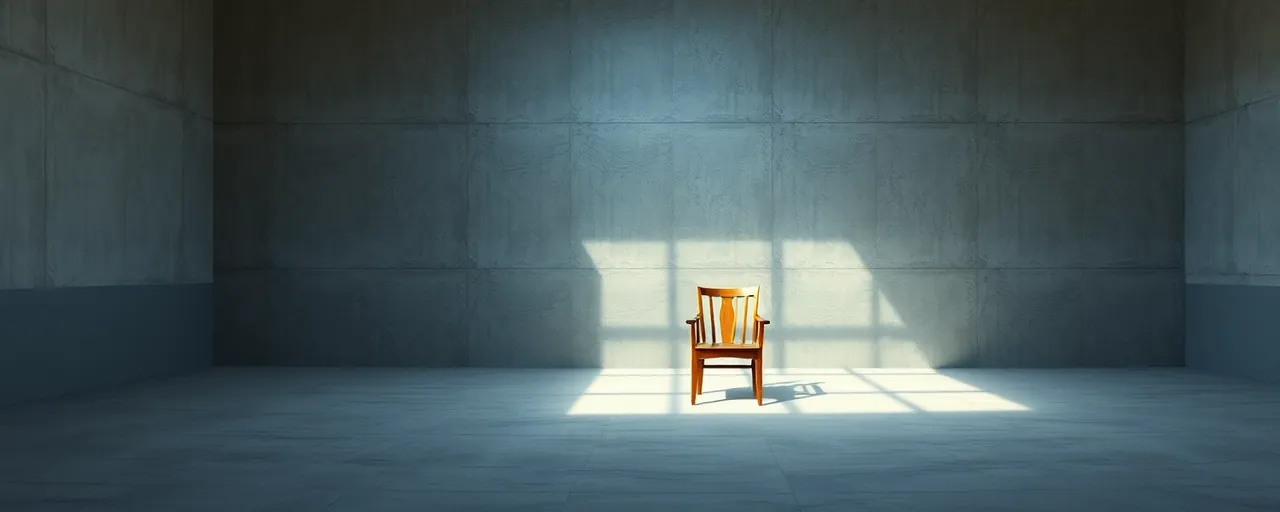When Speed Trumps Justice
The Department of Homeland Security’s deportation flight from Texas to South Sudan has sparked intense debate. At first glance, the goal seems clear: remove individuals convicted of heinous crimes, like murder or robbery, to protect American communities. But beneath the surface lies a troubling reality. The haste to expel these individuals, often without thorough hearings, raises a vital question. Are we safeguarding our nation or undermining its core principles?
Assistant Secretary Tricia McLaughlin labeled these deportees as threats who must be removed swiftly. Her vivid rhetoric stirs fear and urgency, demanding action. Yet, this approach overlooks a fundamental truth. Every person within our borders, citizen or not, holds constitutional rights to due process under the Fifth and Fourteenth Amendments. A Massachusetts federal judge’s recent ruling to pause these deportations reflects a commitment to uphold those rights, ensuring no one is expelled without scrutiny.
Protecting communities matters deeply. But bypassing fair hearings risks more than just individual lives—it threatens the integrity of our legal system. Why would we rush to deport without ensuring justice is served?
The Hidden Risks of Rushed Removals
The individuals on that flight carry serious criminal records—homicide, robbery, sexual assault. No one questions the need to address violent crime. However, the Department’s reliance on expedited removals assumes every case is clear-cut. What if a conviction was based on shaky evidence? What if a deportee faces death or persecution abroad? Rights organizations have documented instances where hasty deportations led to tragic outcomes, underscoring the need for careful review.
Consider Dian Peter Domach, a South Sudanese national convicted of robbery and firearm offenses. His crimes warrant consequences, but do they justify skipping a full immigration hearing? The Supreme Court has affirmed that non-citizens deserve meaningful notice and an opportunity to contest removal. Yet, policies expanded in 2025, including self-deportation apps and IRS data-sharing, often bypass these protections, prioritizing efficiency over fairness. True justice requires time to get it right.
Advocates for immigrant rights focus on safeguarding the system, not excusing crime. The 2025 D.V.D. v. Noem injunction, which halted third-country expulsions, reinforced that basic notice and a chance to be heard are essential. A fair process benefits everyone—why risk getting it wrong?
A Threat to Our Legal Foundation
Supporters of these deportations argue they’re essential for public safety. They cite ICE’s 2025 arrests—over 158,000, with most involving serious felonies—as evidence of success. Flights targeting MS-13 and Tren de Aragua members, they claim, keep danger at bay. But this perspective misses a larger issue. When we allow unchecked executive power to override judicial oversight, we weaken the checks and balances that protect us all.
The use of the 1798 Alien Enemies Act to detain and deport alleged threats is especially concerning. This outdated law, meant for wartime emergencies, clashes with modern values of fairness. Democratic lawmakers and community leaders warn that such tactics alienate communities, deter crime reporting, and misallocate resources. The real danger lies in eroding our constitutional protections, not just in the individuals deported.
Federal courts have consistently pushed back. Rulings blocking sanctuary city funding cuts and expedited removal expansions signal that no branch operates above the law. Despite this, tensions escalate, with some officials even calling for judicial impeachment. This power struggle distracts from building a system that balances safety with justice.
Building a Fairer System
A better path exists. We can address violent crime while honoring due process. Rights organizations suggest practical solutions: guarantee legal counsel, provide clear written notices, and ensure full immigration court hearings. These measures, grounded in decades of legal precedent, protect both public safety and human dignity.
The media can help shift the narrative. Stories from outlets like Newsweek and ABC highlight the human side of deportations—families, fears, and community ties. These accounts remind us that deportees are more than their worst moments. By focusing on fairness, we can move beyond fear-driven policies toward solutions that reflect our values.
Our nation faces a choice. Will we prioritize quick fixes that risk injustice, or build a system that upholds the rule of law? The answer rests in our commitment to fairness. Let’s demand a process that ensures every deportation is just, giving everyone their rightful day in court.
